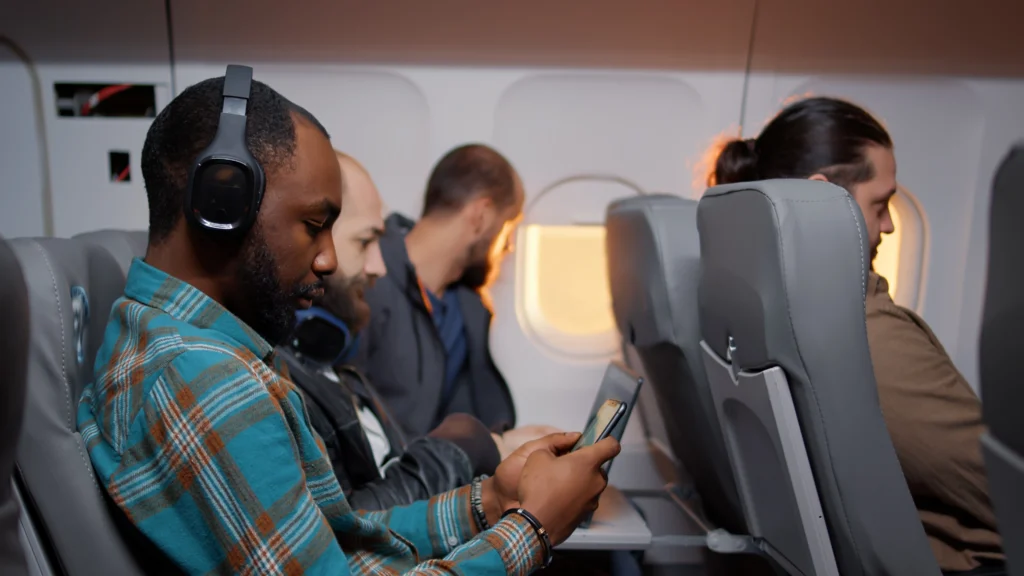上个月,美国西南航空公司一架正在滑行准备起飞的飞机被迫返回登机口,乘客们被吓了一跳。原因何在?一块手机电池被点燃了--这一令人震惊的事件打乱了旅行计划,但所幸没有造成人员伤亡。
原因是热失控,这是锂离子电池中一种危险的自热状态,可导致冒烟、起火甚至爆炸。这些事故是由我们的手机、笔记本电脑、便携式充电器和其他日常设备中的充电电池引起的,现在每周发生两次,最常见的是在飞机飞行时。
我们不能忽视这一日益增长的风险。
正因如此,UL 标准与合约部推出了热失控事件计划,以更好地了解和解决这些危险,避免悲剧的发生。
这也是美国国会于 2018 年成立锂电池航空安全咨询委员会(LiBASAC)的原因。这个跨部门机构负责就锂电池空运安全的最佳实践向美国运输部、联邦航空局以及管道和危险品安全管理局提供建议。自该委员会成立以来,ULSE 一直是其成员。
LiBASAC 于 2019 年正式开始工作,其任务十分明确:改善电池制造商、产品制造商、航空承运商、零售商和监管机构之间的协调,并向国会提出降低风险的明智建议。
然而,2025 年 4 月 2 日,委员会奉命暂停活动。由于委员会的章程将于 5 月 9 日到期,暂停活动实际上阻碍了委员会完成并向国会提交其最终报告,而该报告的初稿已经完成。
但是,工作和课程并没有就此结束。
认识到这一问题的紧迫性,ULSE 与其他 11 个组织一起,根据 LiBASAC 的调查结果草案和集体专业知识提出了一套独立的建议。您可以查看 报告全文.
建议中指出的主要风险包括
- 用于航空的防火系统性能不佳。
- 锂电池装运中普遍存在违规现象。
- 公众缺乏对热失控危险的认识和教育。
这些都是实实在在的威胁,也是可以解决的威胁。
LiBASAC 的工作奠定了坚实的基础,我们认为必须在此基础上继续努力。通过我们在电池安全方面的持续领导、以科学为基础的标准制定以及与航空界的密切合作,ULSE 致力于将这一使命发扬光大。
随着 LiBASAC 章程的落幕,我们将进入一个新的角色--独立推进其目标的实现。除了为建议报告献计献策外,ULSE 还将召集非政府利益相关者组成联盟,共同探讨解决方案,并保持这一重要对话的积极性。
我们的愿景很大胆,但可以实现:尽可能将航空热失控的风险降至零。
如果您所在的组织致力于电池或航空安全,但未加入最初的 LiBASAC,我们邀请您 加入我们.齐心协力,我们就能在天空中创造一个更加安全的未来。
